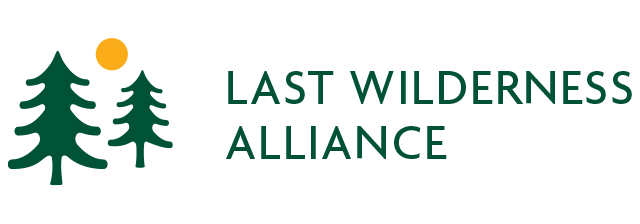Home Lake Rule Petition Update #2
BEFORE THE WISCONSIN DEPARTMENT OF NATURAL RESOURCES—MAY 22, 2024
JAMES OLSON, LAWTONCATES, S.C.
RE: “HOME LAKE” RULE PETITION
I am the attorney for the 242 petitioners who have filed a petition pursuant to Wis. Stats. 227.12 to adopt a regulation for the “Home lake” rule.
Since I last spoke to you there have been two developments that support adoption of this rule. The first development was the overwhelming vote of the Wisconsin Conservation Congress vote on three resolutions regarding wake-surfing. Two of these dealt with ballast systems.
32. WOULD YOU SUPPORT THE WCC AND LEGISLATURE CREATING A NEW STATUTE THAT PROHIBITS THE USE OF WAKE BOAT BALLAST SYSTEMS ON WISCONSIN LAKES AND RIVERS?
STATEWIIDE WISCONSIN RESIDENTS:
YES 10,002 NO 3,715 72.9% YES
YES WON IN ALL 72 COUNTIES
42. WOULD YOU SUPPORT REGULATIONS BY DNR TO REQUIRE THAT ALL BALLAST SYSTEMS USED IN BOATS SHALL HAVE A REASONABLE PRACTICAL MEANS OF INSPECTING THE SYSTEM TO CONFIRM THAT NO WATER IS RETAINED IN THE SYSTEM(TANKS, PIPING, VALVES, ETC)
STATEWIDE RESIDENTS:
YES 10,016 NO 4,228 70.3% YES
YES WON IN 71 COUNTIES(Kewaunee County voted 29 yes-30 No)
I am attaching as exhibit A copy of an article that appeared in the Milwaukee Journal Sentinel calling the results a landslide and a mandate: “Smith: Spring hearings provide latest landslide call for action on wake-enhanced boating”. I am also attaching as exhibit B a copy of a communication from the Water Sports Industry Association that urged boaters to participate and vote against these proposals. Despite its strong lobbying efforts, the public overwhelmingly supported these regulations.
It is noteworthy that the “Home Lake Rule” petition that is pending before this Department is less restrictive than the resolutions that overwhelmingly passed the Wisconsin Conservation Congress since it permits ballast systems to be used if decontaminated and limited to use in one lake.
The second development was that Wisconsin Greenfire published an article on May 24, 2024 entitled “The Effects of Wake Boats on Lake Ecosystem Health: A Literature review”, (available on the internet Google Wisconsin Green Fire, Our Work, Publications) It included a three page section on “Aquatic Invasives” (attached as exhibit C) which outlined the problems including the huge economic cost of invasives. That section concluded:
Because of how internal ballasts of wake boats are designed, they present a new and unique risk of spreading AIS compared to traditional motorboats . The large amount of water stored in internal and external ballasts increases the odds that AIS will be onboard and transmitted. This risk is also amplified by the increased complexity of properly decontaminating the large volumes of remaining water inside ballast tanks. If ballasts of wake boats cannot be decontaminated, they are likely violating state laws of transporting AIS. Wisconsin’s “invasive species rule, “ makes it “illegal to possess, transport, transfer or introduce certain invasive species in Wisconsin without a permit.” (Wis. Admin Code NR sec. 40, 2022)
There are 2,337 lakes in Wisconsin that are over 50 acres and under State law would permit wake surfing. Less than 30 municipalities have adopted ordinances to regulate wake surfing. This means that the vast majority of Wisconsin lakes are unprotected from the spread of invasives by ballast systems even though NR 19,055 (1) requires ballast systems to be emptied upon leaving a waterbody.
The heart of meaningful regulation of the wake surfing requires elimination of the spread of invasives through failure to empty ballast systems. The “Home Lake Rule” confronts this issue.
The great Aldo Leopold believed that citizen participation was important to protect natural resources. He is credited with developing the Wisconsin Conservation Congress. According to the WDNR website:
The vision of the Wisconsin Conservation Congress is to strengthen and enhance our ability to gather and convey the wisdom and influence of Wisconsin citizens in the formation of natural resource policy, research, education, and conservation.
Wis. Stats. 227.12(1) provides in part:
…any 5 or more persons having an interest in a rule may petition an agency requesting it to promulgate a rule.
The 242 petitioners and over 10,000 WCC voters are following the long tradition of Aldo Leopold and Wisconsin Law in requesting the Wisconsin Department of Natural Resources to defend our great legacy “in the formation of natural resource policy” by protecting our priceless Wisconsin lakes.
Respectfully Submitted,
James Olson
